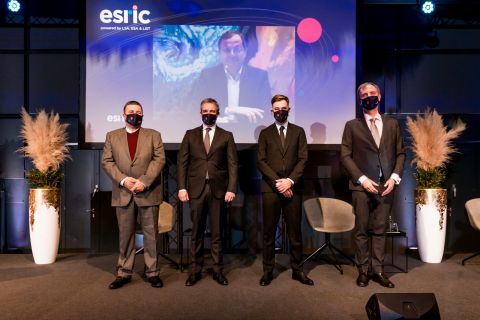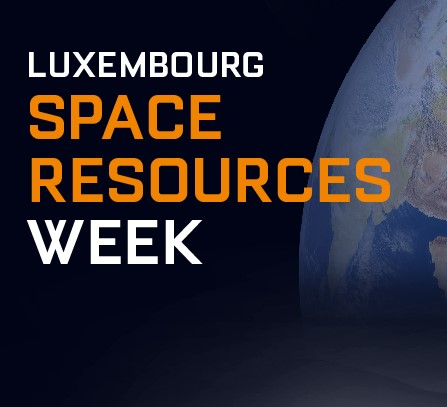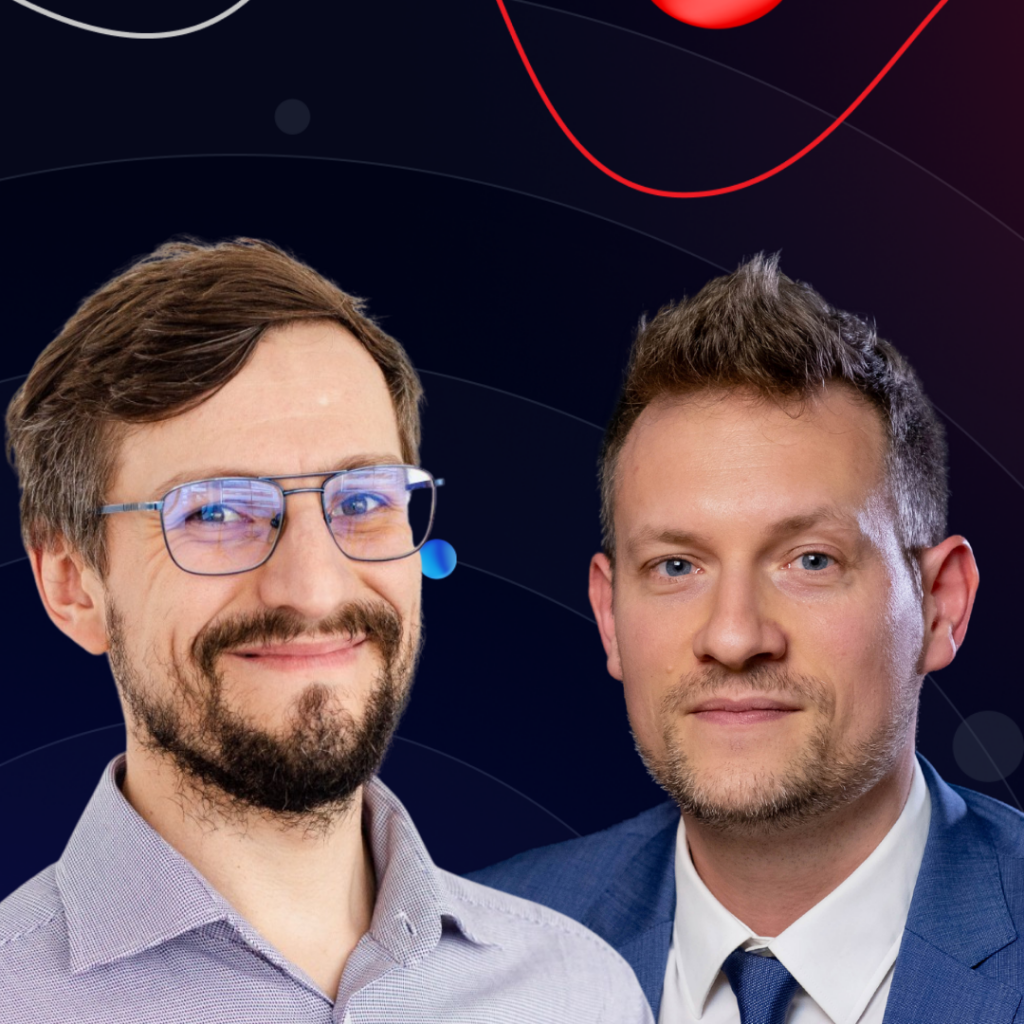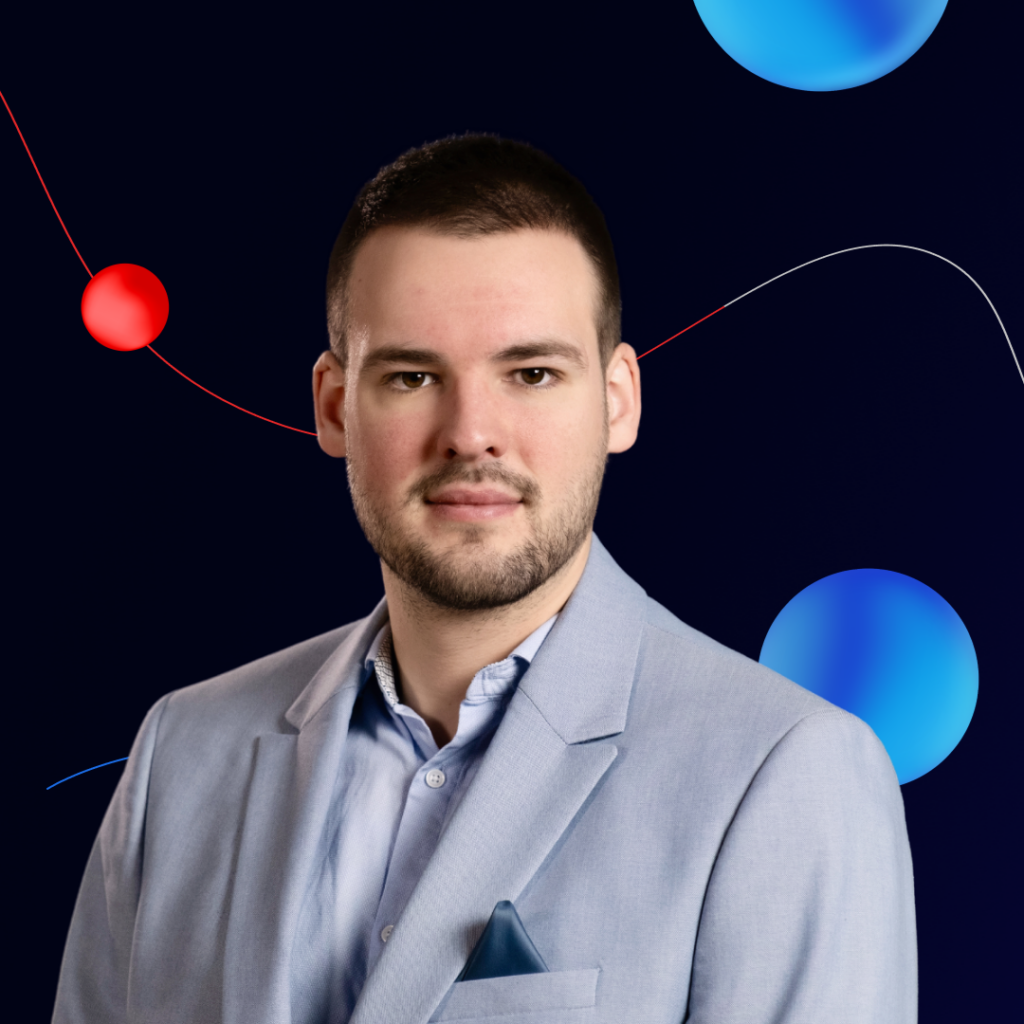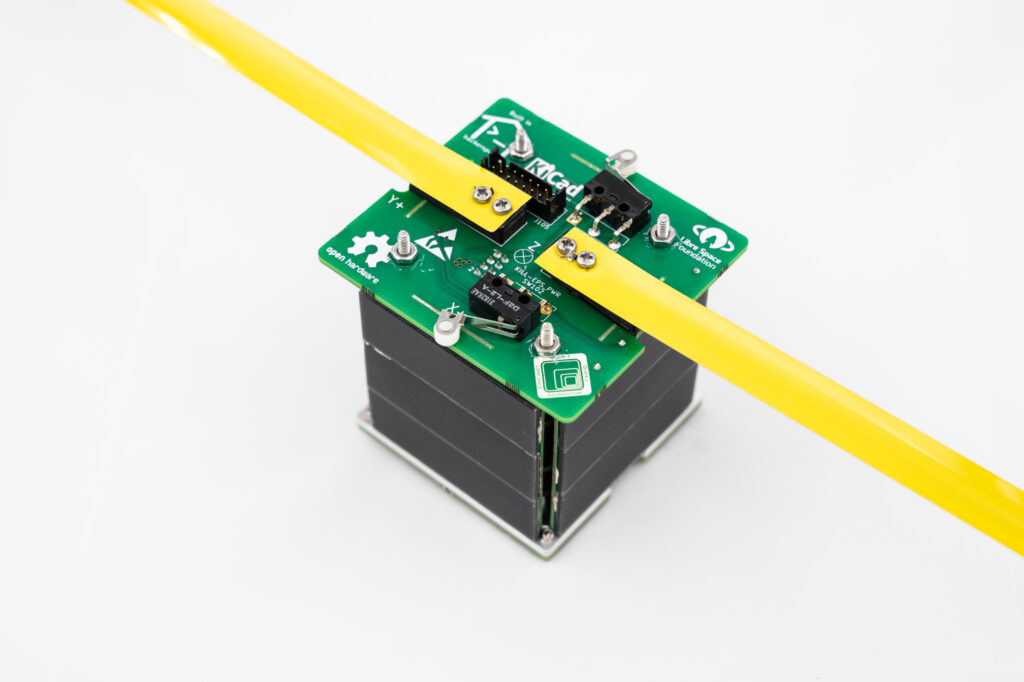Space – Partnerships and Collaborations
Promoting interdisciplinary partnerships with international research institutions and private companies, fostering an exchange of knowledge and best practices.
ESA and Luxembourg extend their collaboration
The European Space Agency (ESA) and Luxembourg have been collaborating for many years. In 2020, ESA joined the “European Space Resources Innovation Centre” (ESRIC) as a strategic partner. The creation of ESRIC followed a Memorandum of Cooperation in the field of space resources that was signed between ESA and the Government of Luxembourg. It was part of the SpaceResources.lu initiative launched by the Government with the aim to create a favourable ecosystem for the development of activities related to the exploration and use of space resources. Among others, ESA provides equipment, implements research activities at ESRIC and gives technical and business support to the business incubator. In May 2024, ESA and the Government of Luxembourg signed an extension of their memorandum of cooperation for another five years, underscoring both parties’ commitment to advancing sustainable and peaceful exploration beyond Earth.
A Chair in Space Law funded by SES
The partnership between the University of Luxembourg and the global satellite operator SES S.A. started in 2010. Since then, the University and SES have been collaborating on research in satellite applications and services, satellite hybrid networks as well as transmission and reception technologies. A key component of this partnership was the creation of the first Chair in Space Satellite Communications and Media Law in 2010, with a research focus on the legal and regulatory challenges in satellite communications. The SES Chair is part of the Faculty of Law, Economics and Finance, chair holder is Prof. Dr. Mahulena Hofmann. She is author of more than 100 articles and nine books; in 2019, she published an “Introduction to Space Law” with Tanja Masson-Zwaan, in 2022, the Commentary on “Space Legislation of Luxembourg” and in 2023, “Space Law in a Networked World” with PJ Blount. In 2025, Elgar will publish an encyclopaedia of space law, edited by Prof. Hofmann and P.J. Blount, Durham University (UK).
ESRIC: A unique support programme for start-ups
The European Space Resources Innovation Centre (ESRIC) offers the first start-up support programme worldwide entirely dedicated to the field of space resources utilisation. It aims to support early-stage ventures and start-ups designing novel technologies for space resources applications in refining their business plan, attracting customers, and securing their first investments.
LMO: autonomous technologies to solve the debris problem
LMO is a young company tackling the challenges posed by the growing space industry and in-space economy. LMO’s core focus lies in the fields of Space Situational Awareness & Propulsion. To achieve its goals and build from a solid foundation, LMO partnered in 2020 with the Computer Vision, Imaging and Machine Intelligence Research Group (CVI2) at the Interdisciplinary Centre SnT, headed by Professor Djamila Aouada, a department at the University of Luxembourg with more than 12 years of expertise in the field of computer vision and AI. With the growing use of space, the amount of trash – known as space debris – and other threats towards satellites have increased. With autonomous technology similar to that used in self-driving cars, LMO is now providing the tools for satellites to look around them in space and make autonomous decisions based on this information, without the need for ground segment intervention.
Gradel: Ultra-lightweight structures made in Luxembourg
The Luxembourg Institute of Science and Technology (LIST) and the established Luxembourg company Gradel have joined forces by opening a joint Luxembourg Lab to research and produce ultra-lightweight structures for the aeronautics and space industry. Parts are produced for three European giants in satellite construction; Thales Alenia Space (France), Airbus Defence and Space (France), and OHB (Germany). This project holds great promises for the space sector and beyond, with potential applications in the automotive and aeronautic world.
WASDI: a platform for satellite imagery and other geospatial data
WASDI, a spin-off company of the Luxembourg Institute of Science and Technology (LIST), which already works with many renowned organisations such as the United Nations, ESA and the World Bank, provides an online interface for satellite imagery and other geospatial data. The cloud-based platform allows research centres and companies to combine information from different providers or technologies to create Earth Observation applications.
Databourg Systems – a “Rain company”
Databourg is a spin-off company of the Interdisciplinary Centre for Security, Reliability and Trust (SnT) of the University of Luxembourg. Founded in 2017, Databourg offers environmental monitoring using satellite networks.

